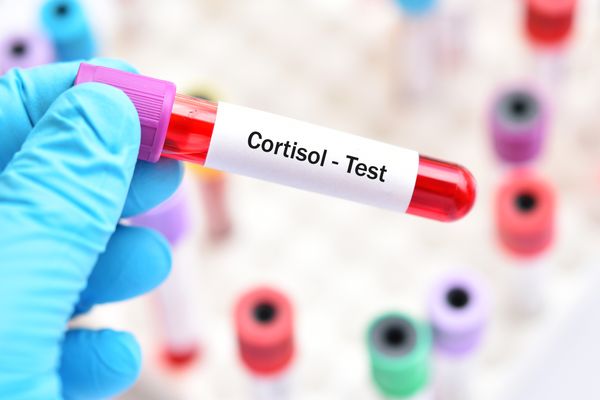Adrenal Dysfunction

Above each kidney lies a small adrenal gland which is responsible for making various hormones essential to health and vitality and helps the body respond to any kind of physical, emotional or psychological stress.
The outer portion of the adrenal glands (adrenal cortex) contain cells that make the hormones cortisol and aldosterone. Another gland found just under the brain, the pituitary gland, is responsible for making adrenocorticotropic hormone (ACTH). ACTH passes into the bloodstream, is carried to the adrenal glands and stimulates the adrenal glands to make cortisol.
- Cortisol has many functions which include:
- Blood pressure regulation.
- Immune system regulation.
- Helping to balance the effect of insulin by raising blood sugar level.
- Helping the body to respond to stress.
- Aldosterone helps to maintain the balance of salt and water in the blood and helps to control blood pressure.

Cells in the inner part of the adrenal glands (adrenal medulla) make the hormones adrenaline (epinephrine) and noradrenaline (norepinephrine), which have various actions throughout the body. There are a variety of reasons why the adrenal glands might not work as they should. Adrenal gland disorders, which cause your glands to make too much or too little hormone, may be caused by genetic mutations, tumors, infections, pituitary gland disorders, and certain medications.
The adrenal glands are an essential part of your body's responses to any kind of physical, emotional or psychological stress.

Examples of physical stress:
- Severe or recurrent infection or illness
- Severe injury
- Surgery
- Nutritional deficiencies
- Insufficient sleep
Examples of emotional or psychological stress:
- Difficult relationships
- Death of family member
- Problems at work
Depending on the adrenal gland disorder with which you are suffering, you may require lifestyle advice to reduce stress and improve diet, exercise, sleep and relaxation. In addition, nutraceuticals, supplements and medications may be required to stop the excess or insufficient production of hormones. Your compounding pharmacist, working with your healthcare provider, can help you achieve optimal hormone balance.
